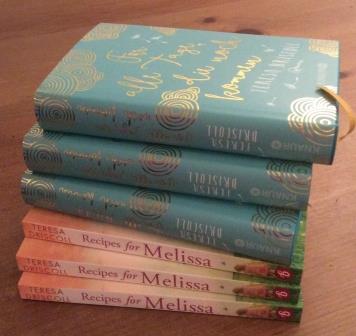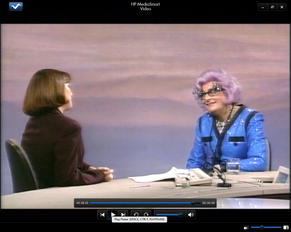 Saw Dame Edna Everage on the One Show the other night. Oh my goodness – stirred a strange sensation in my stomach! Once upon a time I interviewed “her” while working as a BBC TV presenter. What an experience. Technically I was the one doing the interview but dear Edna had done her research and seemed to know as much about me as I did about “her”. By the time she was asking after my family and home life in alarming detail, there was real sweat on my brow. Where would this go next? How MUCH did she know about me. Beam me up! If anyone reading this knows the glamorous Dame Edna, please be reassured that – cross my gladioli - I am a big fan – but there is no question in any TV studio, who has the upper hand. Respect! All of which points neatly to the subject I was planning to write about this week. Opening lines. Throughout all my years as a journalist, whether interviewing a TV icon or someone “ordinary” with an extraordinary story to share, I always wait for what I can only describe as “the moment”. It is that special awareness that you have hit upon the opening to your written feature or the sound clip for telly. News coverage is very different, of course, because you are looking more simply for the strongest and most current line but with features and lifestyle writing or filming, it is that special hook you are after. The unusual. The offbeat. And you will guess now where I am going with this because it is precisely the same in fiction. We all know that openings – for both short stories and novels - need to engage immediately. To pull the reader right in. We are told this over and over but I wonder if we always listen quite in the way that we should. It doesn’t mean, please note, that we should panic. Drive ourselves to writer’s block. Chances are there are a million options for a first line so try one for size - aware that you can always change it ( and will probably want to). The crucial point is to recognise its importance but not to let that paralyse you. For myself – when writing features, I admit to relaxing inwardly when I hit upon the“moment”. The ping in my brain as I clock my opening line – but I don’t allow that to distract me from the interview as a whole. I just have faith that the“moment” will come at some point. It may be at the beginning of the interview….or it may be the very reason the guest has to end the interview early – “sorry, just got to tend my competition marrow. Judging is Saturday…” Ping! And if I were writing a feature right now on that interview with Dame Edna? “I began to sweat when Dame Edna asked after my dog…..by name." You get the drift… 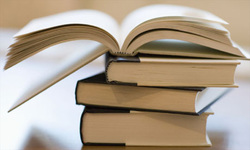 Today - a few thoughts not about writing but reading. I take it as a given that all writers are avid readers so it always comes as a surprise - no; even a shock – to me when someone seeking advice with their stories admits they do not read a great deal. This has happened more than once and my brain struggles to compute the information. It reminds me of a conversation with a fellow author a while back who explained why he gave up working with a university. He said that too often he gave students a list of books to read…only to discover that a large percentage would not bother. Again - I was completely nonplussed. Though I completely understand that not everyone wants to write (it is a mad, crazy business and we should all be certified), I struggle much harder to understand any reluctance to read. Quite frankly I still get palpitations when I think of the sense of loss when my two boys were tiny and I struggled to find enough space for books. I worked five days a week in television at the time, was always short of sleep and something had to give. But my goodness – it was a struggle. I think my addiction to books is, in part, a frustration born of my biggest regret in life. No. Stop. Regret is the wrong word. Sadness-more appropriate. The truth is I never got to read English Literature at university, switching instead to a course in journalism which would pay me a salary while training on a newspaper. The story is pretty simple. I studied English, French and German at A level (for the excuse to call reading-“studying”) and somehow managed to rock Three A grades when that was still pretty rare. This won me a place to read English at York ( and also Exeter). But my mother died of cancer while I was taking my A levels and I had (understandably, I guess) something of a meltdown. My father was moving to Devon and I lost confidence at the thought of moving to York (knowing no one) and Devon too ( knowing no one). So I switched to a course in journalism near London which would allow me to pitch for a training place on a paper in Kent near existing friends. This worked brilliantly career-wise but I was too young to realise how sad I would come to feel later about missing out on that three-year space to just read and study literature. I guess I have been over-compensating ever since. Perhaps it is why I feel not the slightest pang of guilt that I am lucky enough in my current chapter in life to find more space for reading. Working as a freelance writer, my only challenge is to balance my reading and writing time. This, I find, is a fluid equation controlled entirely by commissions and the mortgage. Just as soon as I have brought in enough dosh, my head is straight in a book. “During the day?” people ask, aghast. Why ever not? Just now my elder son is on a gap year ahead of reading English and American Literature at uni (you can only guess at how thrilled I am about THAT) and he is working through a long list of books engraved on a little metal bookmark I gave him as a present. I find that I have read the vast majority myself long ago but am thoroughly enjoying the excuse to re-read them as I watch him, nose in book, eager for my thoughts. He is also the first to “borrow” the books recommended by my book club. So I am going to set up a new insert to the column on the right to list current recommendations so he can follow them online. Just now, in case you’re interested also, I am reading Anne Tyler’s “The Beginner’s Goodbye” and The Liars’ Gospel by Naomi Alderman. I have also been re-reading some Kurt Vonnegut ( from that bookmark list) and am recommending to anyone who will listen -The Dinner by Herman Koch and Gillian Flynn’s Gone Girl. I have also just finished Eudora Welty’s The Optimist’s daughter which was one of those delicious, spur- of- the- moment purchases after reading an article online about her short stories. New writers sometimes ask me if reading the works of great authors does not, in the end, become discouraging to me as a writer. Again – this confuses me. For I write commercial fiction, not with any “great expectations” (ouch) or competitive, literary snobbery but rather because writing does not feel optional. It is just what I do. But reading? Oh my goodness. That is always a journey I set out on with very highest expectations. They are not always realised, of course, but- no matter. For I never forget the moments when they are. I vividly remember the strange weeks of dreams when I was in my John Fowles phase. I can still feel the punch to my stomach the first time I read that simple yet devastating phrase “so it goes” from KV. And I will never, ever forget the ache while facing the“reveal” in life of Pi years and years back. So moved was I, I got up from my chair and began pacing around the room, book in hand, because I simply could not keep still. So – yes. I am completely at one with all those writers who have over and over again stated the obvious. That the very best advice for anyone starting out on this wonderful journey of writing is very basic (but also very enjoyable) indeed. Namely: Read…(as much as you can, whenever you can and to hell with the hoovering). |
AuthorTeresa Driscoll - journalist, author, mother of two and lover of great coffee. CATEGORIEsArchives
February 2024
|
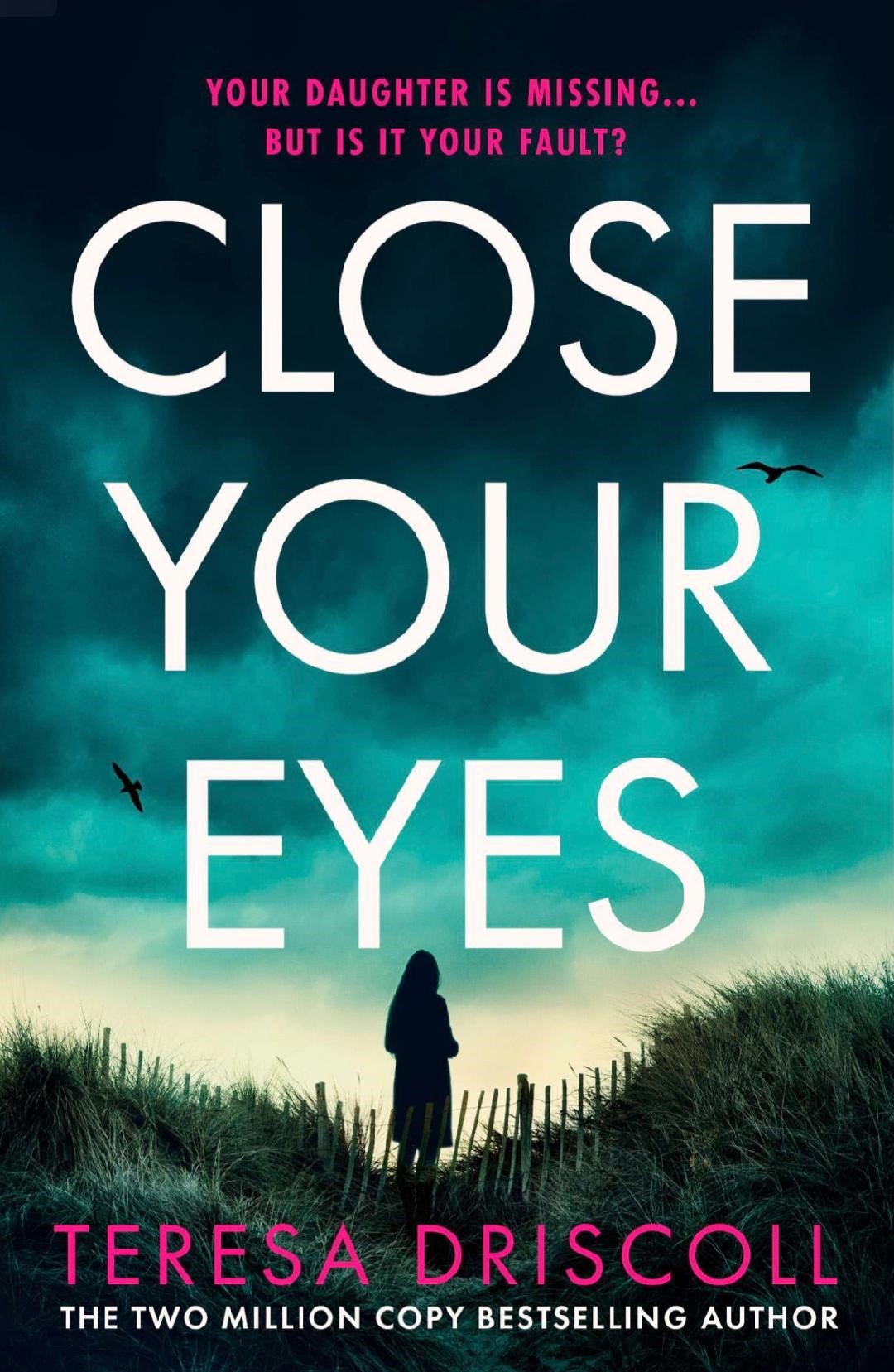
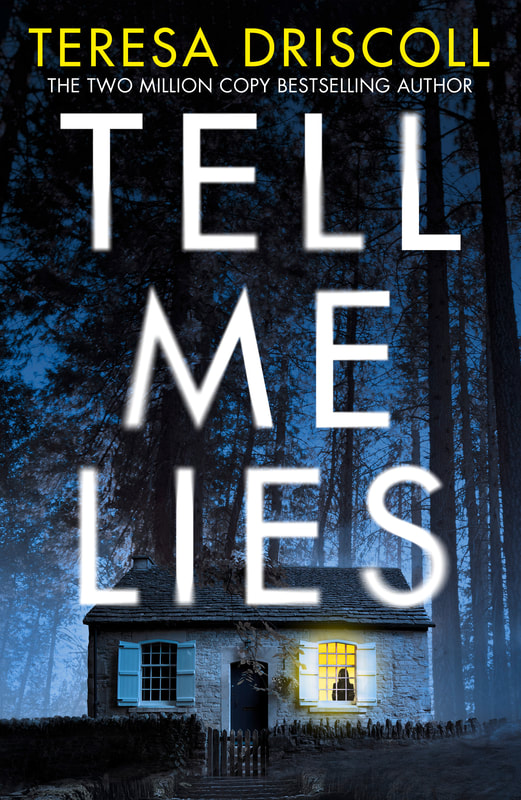
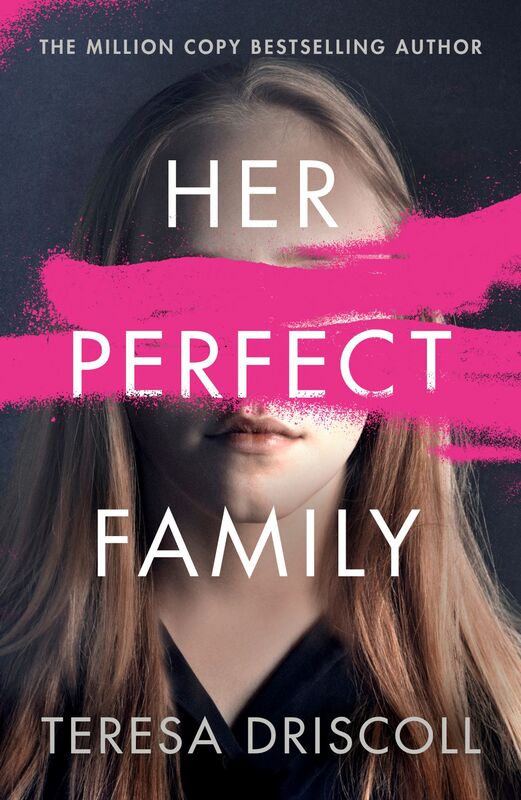
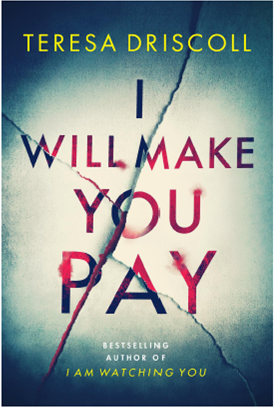
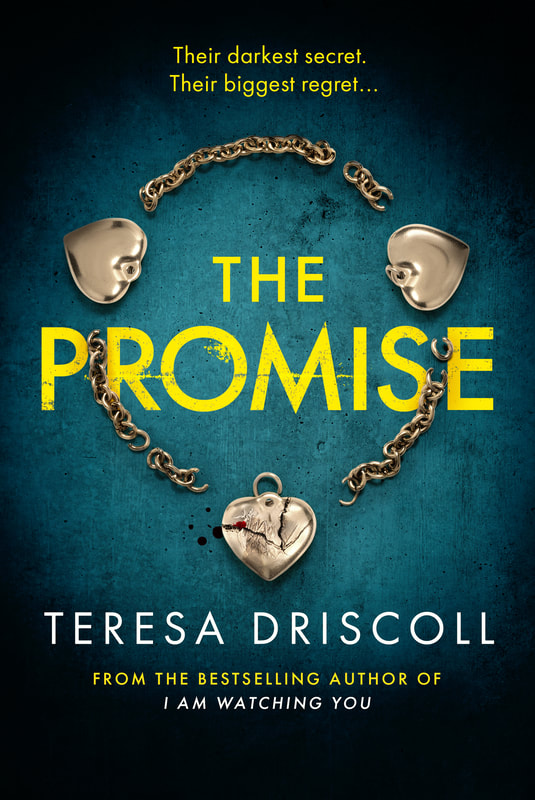
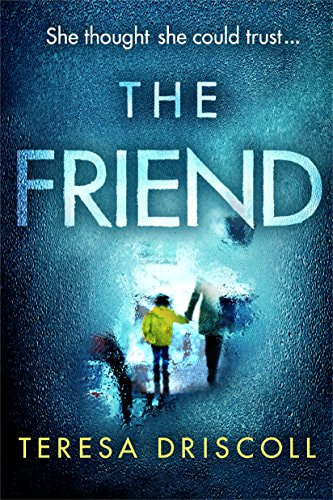
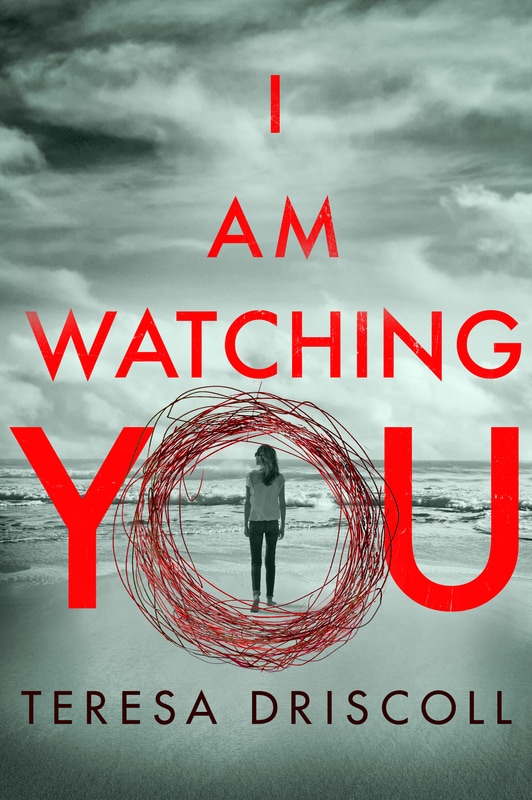
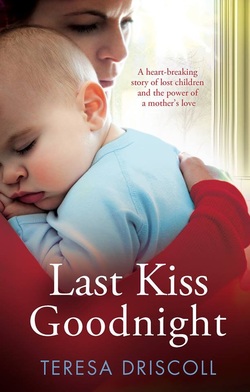
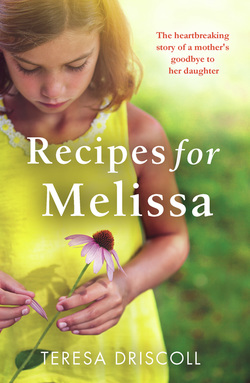
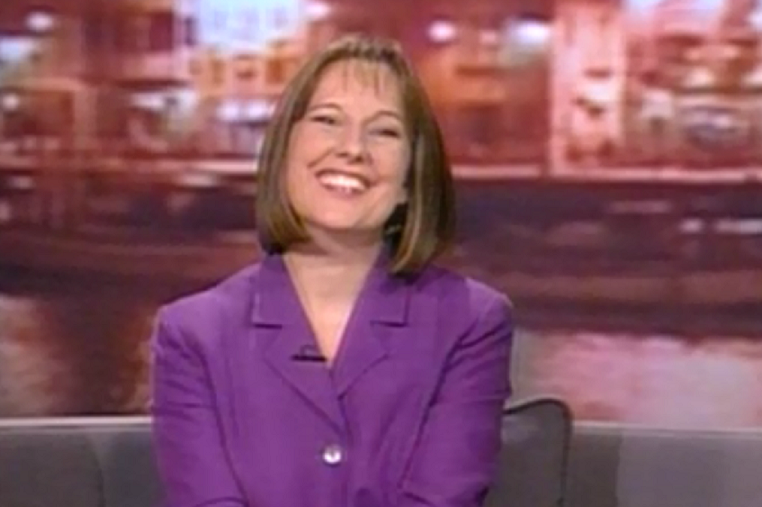
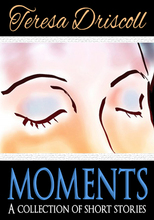
 RSS Feed
RSS Feed
